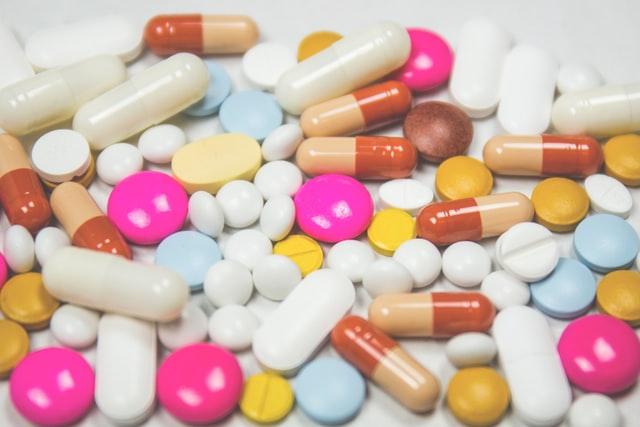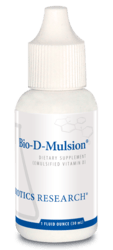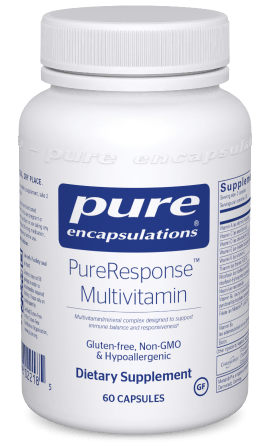

Reduce your risk
https://www.ncbi.nlm.nih.gov/pmc/articles/PMC6121423/
Vitamin D Deficiency
The importance of Vitamin D in human health has been seriously underestimated. Vitamin D deficiency can be a factor in almost any health condition. Many studies show a high Vitamin D status to be especially protective from infections like Covid-19. Vitamin D status is also a factor in mortality, length of hospital stay, and sepsis (1). This means that a little $20 bottle of emulsified Vitamin D can go a long way.
A study by Science Direct found that Black Americans had an average of only 3% of required Vitamin D levels, the average American only 23 percent (2). 23 percent is a little more than 7 times the Vitamin D status as Black Americans. Black Americans are dying from Covid-19 at 7 times the rate as whites, this is because the melanin in darker skin prevents the conversion of sunlight into vitamin D.
When the flu of 1918 was genetically engineered and studied, scientists found the cause of high fatality could be attributed to Vitamin D deficiency. (2) Facts are that most pre-existing conditions that have caused the high death rate from Covid-19 in Black Americans could be caused by Vitamin D deficiency. —NOT FRIED CHICKEN!! People with more melanin in their skin need about 5 -6 times more time in the sun to get the same blood levels of Vitamin D as people with very fair skin.
In the fall the Flu season starts again due to shorter days combined with a return to normal time, resulting in decreased sunlight. Thus, the flu season starts again due to decreased immunity. Let’s take a look at some of health conditions that can be caused by vitamin D deficiencies, also known as pre-existing conditions.
Here are some great things Vitamin D can do for you if you have a Vitamin D deficiency:
Vitamin D:
1. Improves mood; alleviates depression
2. Reduces seizures, migraines
3. Reduces hypertension, alleviates heart failure
4. Reduces hyperglycemia (diabetes).
5. Alleviates back pain, limb pain, fibromyalgia
6. Helps prevent/alleviate various autoimmune diseases such as MS and RA
7. Almost cures Type 1 Diabetes
8. Reduces incidence/recurrence of various types of cancer.
9. Reduces Asthma Attacks
10. Increases Testosterone
11. Decreases Menstrual Cramps
13. Improves gut microbiota reducing Irritable bowel syndrome.
14. VD helps with the synthesis of estrogen,
15.Low VD Hypothyroidism and Hashimoto’s Disease.
16. Exacerbation fatty liver disease
17. Heavy menstrual bleeding.
18. Hot flashes
19. Mental illness, Depression, and psychosis
20. Alzheimer’s and Dementia
22. Chronic constipation
23. Emphysema and COPD
24. Osteoarthritis, hip and knee pain, and joint destruction…
25. Vision problems such as macular degeneration
26. Chronic Kidney Disease
27. Infertility
28. Non-Alcoholic Fatty liver disease
29. It improves bone and muscle strength.
30. Lowers LDL and Total Cholesterol.
31 Tooth Decay, gum problems
Could we be looking for a vaccine for a vitamin D. Deficiency?
Clearly, we need the sun to live. Staying indoors and not taking Vitamin D is downright Dangerous, and expensive since clearly Vitamin D deficiency can cause a variety of health conditions that most probably will be attributed to fried chicken if you have darker skin.
The average medical Doctor gets lots of education on saving lives in the emergency room and treatment of critically ill patients but less than 25 hours of nutrition education. These are the people determining public policy. Could they be missing the ball?
Finding A Supplement That Works
It is common to see patients supplementing with vitamin D not finding their blood levels go up on their blood work. Vitamin D can be made from substances like coal tar. Generally, a good vitamin D should be in emulsified. If it is emulsified in a multivitamin it will say so on the label. This is why most doctors when they find your levels of Vitamin D low write a prescription because they know that your chances of buying an over the counter vitamin D supplement that will increase your blood levels of vitamin D are very slim. Check out our cart and keep you and your family safe.
(1) J Clin Transl Endocrinol. 2016 June 4:59-65
(2) Scientific American March 2009
(3) Epidermiol Infect 2003 Dec, 134(6), 1129-1140

Vitamin D Mulsion Forte

PURE RESPONSE

